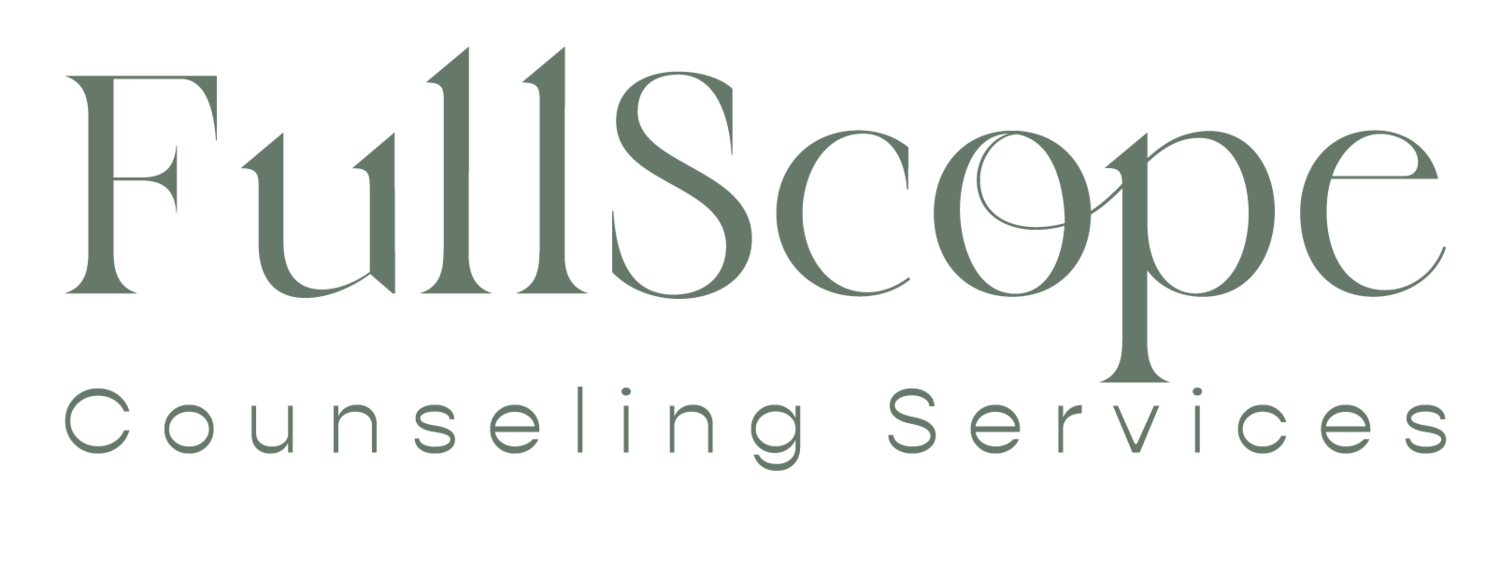Offering Clinical Supervision for North Carolina, South Carolina, or Virginia
Elevate your counseling skills with tailored and ethical supervision!
Our Founder, Catherine Ladson LCMHCS, LPCS, LCPC is a board-approved clinical supervisor committed to fostering growth, ensuring best practices, and enhancing the professional development of mental health professionals.
Guiding Clinicians Toward Licensure: We Offer Expert Supervision Services for Mental Health Professionals
Do you need expert guidance on your clinical journey?
As a licensed therapist, it's no news to you that your field brings an exceptional mix of hurdles and triumphs.
To continually steer your clients towards growth and accomplishment, equipping yourself with appropriate tools and support becomes indispensable. This is where therapy supervision proves its worth.
Meet Your Clinical Supervisor, Catherine Ladson LCMHCS, LPCS, LCPC
I am a board-approved clinical supervisor in North Carolina, South Carolina, and Virginia with over 10 years of supervision experience.
I view clinical supervision as a supportive process where principles are transformed into practical skills. I will assist you in the development of clinical knowledge and skills by identifying learning needs, determining strengths, promoting self-awareness, and transmitting knowledge for practical use and professional growth. I will mentor and teach you through role modeling, facilitating professional development and identity.
The supervisory relationship is the foundation on which ethical practice is developed and reinforced. I will assist you in the successful implementation of Evidence-Based Practices and develop skills of empathy and acceptance specific to working with culturally diverse clients.
With my extensive background of over 16 years in counseling, I'm here to support you in obtaining your counselor's license. I am eager to be a part of your professional journey and would be delighted to work with you.
I provide both individual and group supervision options to cater to your specific needs.
Areas of Clinical Competency
To guide and support professional development effectively, mental health supervision requires strong clinical competency. This assists supervisees in their delivery of ethical and high-quality mental health services. Here are the critical clinical competencies for mental health supervision:
Ethical and Legal Knowledge
Supervisors must be well-versed in ethical principles and legal regulations relevant to mental health practice. They should help supervisees understand and adhere to codes of ethics, confidentiality requirements, and legal standards.
Case Conceptualization
Supervisors should teach supervisees how to conceptualize and understand clients' problems, which includes recognizing underlying patterns, causes, and factors contributing to mental health issues.
Clinical Assessment and Diagnosis
Supervisors should assist supervisees in developing strong assessment and diagnostic skills, ensuring they can accurately assess clients' mental health needs and develop appropriate treatment plans.
Documentation and Record Keeping
Supervisors should educate supervisees on proper documentation and record-keeping procedures to ensure compliance with legal and ethical standards.
Treatment Planning and Intervention
Supervisors should guide supervisees in formulating effective treatment plans, choosing evidence-based interventions, and implementing them effectively in therapy sessions
Trauma-Informed Care
Given the prevalence of trauma in mental health clients, supervisors should train supervisees in providing trauma-informed care and recognizing signs of trauma.
Discussion Topics
-
Exploring cultural considerations and biases in therapy, as well as strategies for delivering culturally competent care
-
Reflecting on the therapeutic alliance, rapport-building, and ways to enhance the client-therapist relationship.
-
Discussing strategies for self-care and preventing burnout and compassion fatigue.
-
Addressing any transference and countertransference issues that may have arisen in therapy.
-
Reflecting on the effectiveness of the supervision process itself, including feedback on the supervisory relationship.
-
Reviewing how to handle crisis situations, including suicide risk assessments and safety planning.
-
Setting and tracking goals for professional development, including acquiring new skills and knowledge.
-
If the supervisee is working towards licensure or certification, discussing progress and requirements.
Elevate Your Counseling Skills with Tailored and Ethical Supervision
Ready to kickstart your professional journey with comprehensive supervision support? Click the button below to request a personalized consultation and let's start shaping your future in counseling today!








